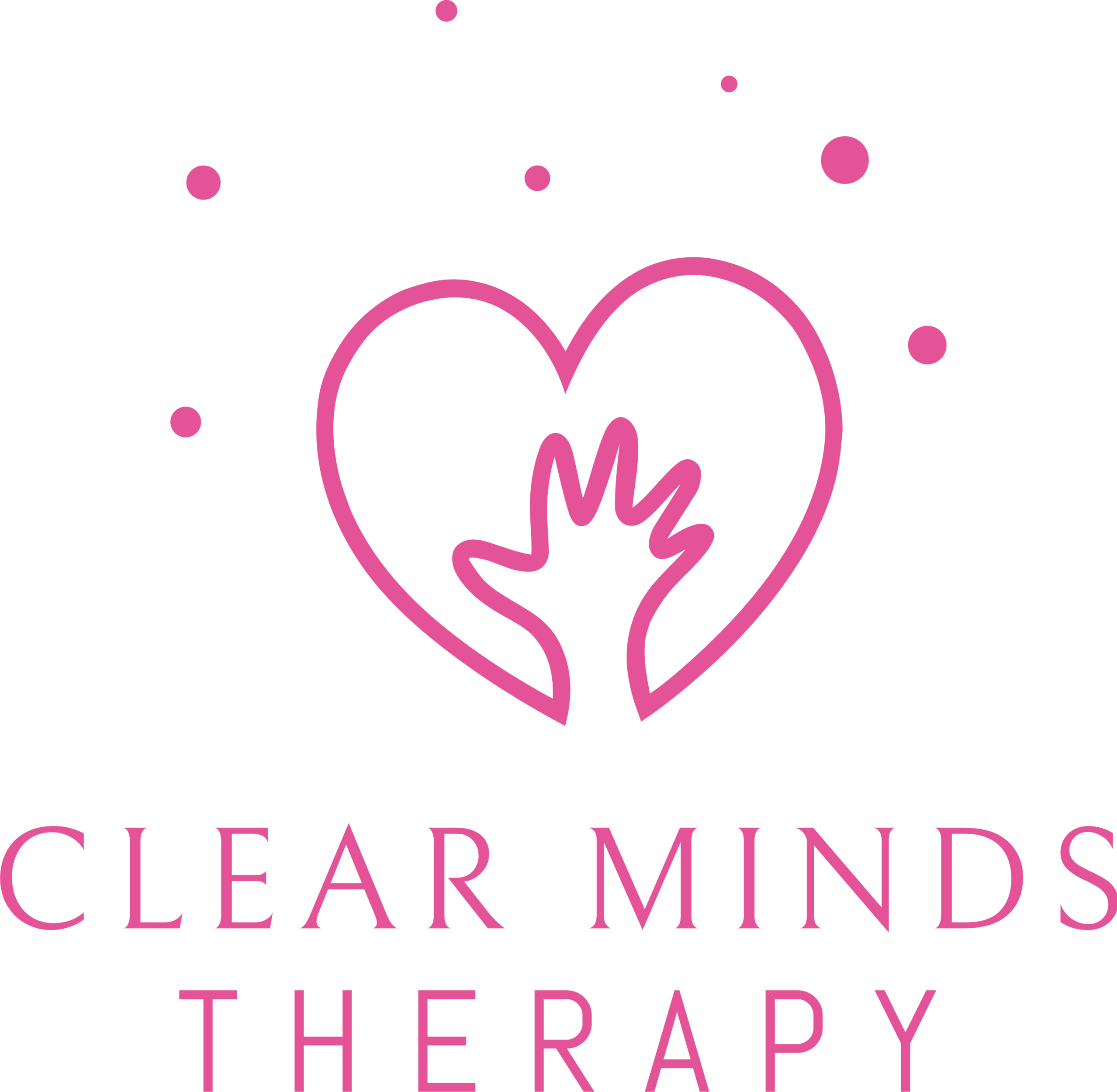
Teen Counselling
Adolescence is a complex and transformative period of life. Teens are not only navigating academic pressures and social dynamics but also developing a sense of identity and independence. With so many changes occurring at once, physically, emotionally, and mentally this stage can often be overwhelming. Teen counselling plays a crucial role in supporting young people during these years. It provides a safe space for them to express their thoughts, understand their emotions, and develop coping mechanisms for life’s challenges. The importance of teen counselling cannot be overstated, as it offers numerous benefits that can positively impact a teen’s mental health, academic performance, relationships, and overall well-being.
One of the primary reasons teens may need counselling is the emotional and psychological stress they experience. Adolescents today face a variety of pressures, including academic expectations, peer pressure, social media influences, and sometimes family problems or trauma. These pressures can lead to issues such as anxiety, depression, low self-esteem, and even self-harm or suicidal thoughts. Often, teens are unsure of how to manage these emotions or may feel uncomfortable sharing them with friends or family. A professional counsellor offers a neutral and non-judgmental environment where teens can talk openly about what they’re experiencing. This helps them feel heard, validated, and understood, something many young people desperately need.
Another reason counselling is useful for teens is that it helps build emotional intelligence. Through counselling sessions, teens learn how to identify their emotions, understand their triggers, and respond in healthy and constructive ways. This emotional awareness helps them develop empathy, better interpersonal skills, and stronger resilience. These skills are not only essential for their personal development but are also beneficial in academic and social settings. For instance, a teen who learns how to manage anger or frustration is more likely to avoid conflicts at school or home and maintain healthier relationships.
Counselling can also play a pivotal role in academic success. Mental health struggles often affect concentration, motivation, and performance in school. A teen dealing with anxiety or depression may find it difficult to complete assignments, participate in class, or prepare for exams. By addressing the root causes of these challenges, counselling can help students regain their confidence and motivation. Counsellors can also work with teens to develop effective study habits, time management skills, and problem-solving strategies, contributing to better academic outcomes.
In addition to emotional and academic support, counselling helps teens navigate identity and self-image issues. Adolescence is a time when many young people begin questioning who they are, what they believe, and how they fit into the world around them. They may struggle with body image, sexual orientation, gender identity, or cultural expectations. Counselling provides a confidential space for teens to explore these aspects of their identity without fear of judgment or rejection. A skilled counsellor can guide them through this self-discovery process and help them embrace who they are with confidence and acceptance.
Teen counselling is also essential for addressing more serious issues, such as substance abuse, bullying, grief, or trauma. Teens who have experienced significant loss, abuse, or neglect may carry deep emotional wounds that affect their behaviour and worldview. Without intervention, these issues can escalate and have long-term effects on their mental and emotional health. Counsellors trained in trauma-informed care can help teens process their experiences, develop healthy coping strategies, and begin the healing journey.
It’s important to note that counselling is not just for teens in crisis. Even those who appear to be doing well can benefit from the support and guidance a counsellor provides. Regular counselling sessions can serve as a preventative measure, helping teens build emotional resilience and life skills before problems become more serious. Just as we encourage teens to take care of their physical health, promoting mental and emotional wellness should be equally prioritised.
Parents and carers play a key role in recognising when a teen might need counselling. Warning signs might include changes in behaviour, mood swings, withdrawal from friends or activities, academic decline, or expressions of hopelessness. If a teen is exhibiting these signs, early intervention through counselling can make a significant difference. However, it’s essential that counselling is approached in a supportive and non-stigmatising way. Teens should be encouraged, not forced, to engage in therapy, and should feel that seeking help is a sign of strength, not weakness.
Teen counselling is an invaluable resource that can profoundly impact a young person’s life. It helps teens manage emotional challenges, build self-awareness, and develop tools for dealing with stress, relationships, and personal identity. Whether they are facing mental health struggles, navigating academic pressures, or simply trying to make sense of who they are, counselling provides the support and guidance they need. Investing in teen mental health through counselling not only helps individuals thrive during adolescence but also sets the foundation for a healthier, more resilient adulthood.
